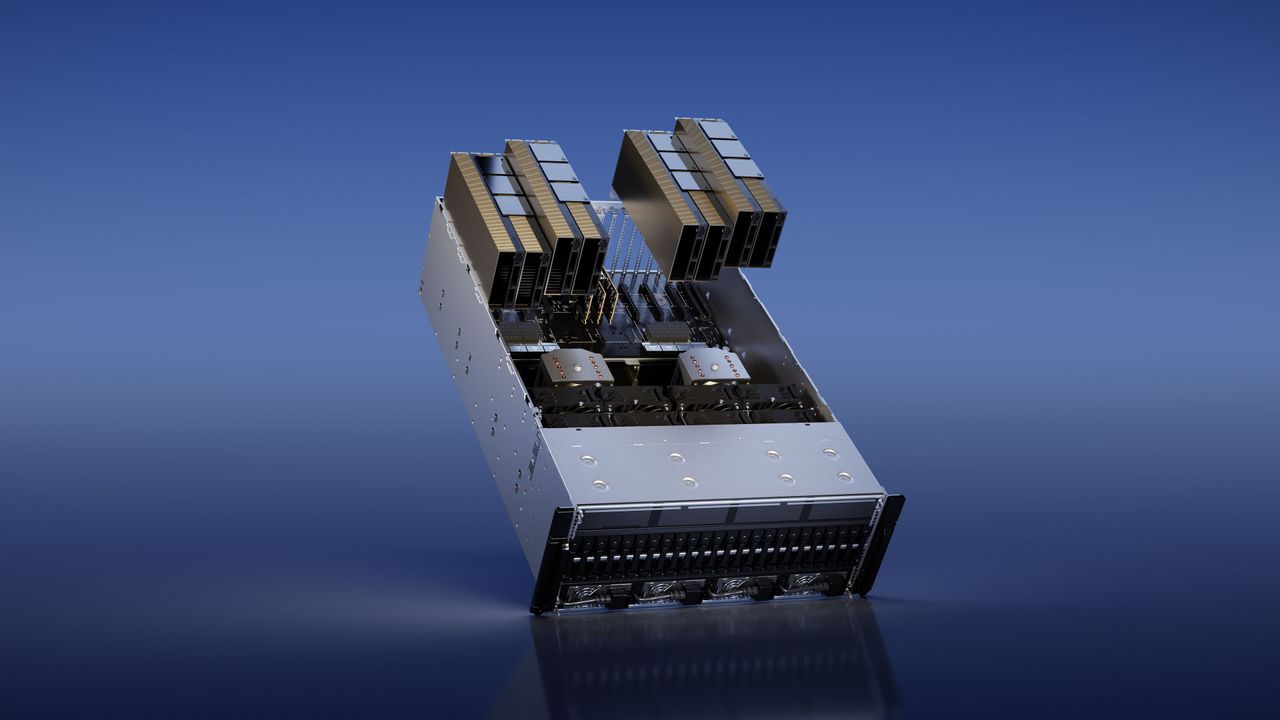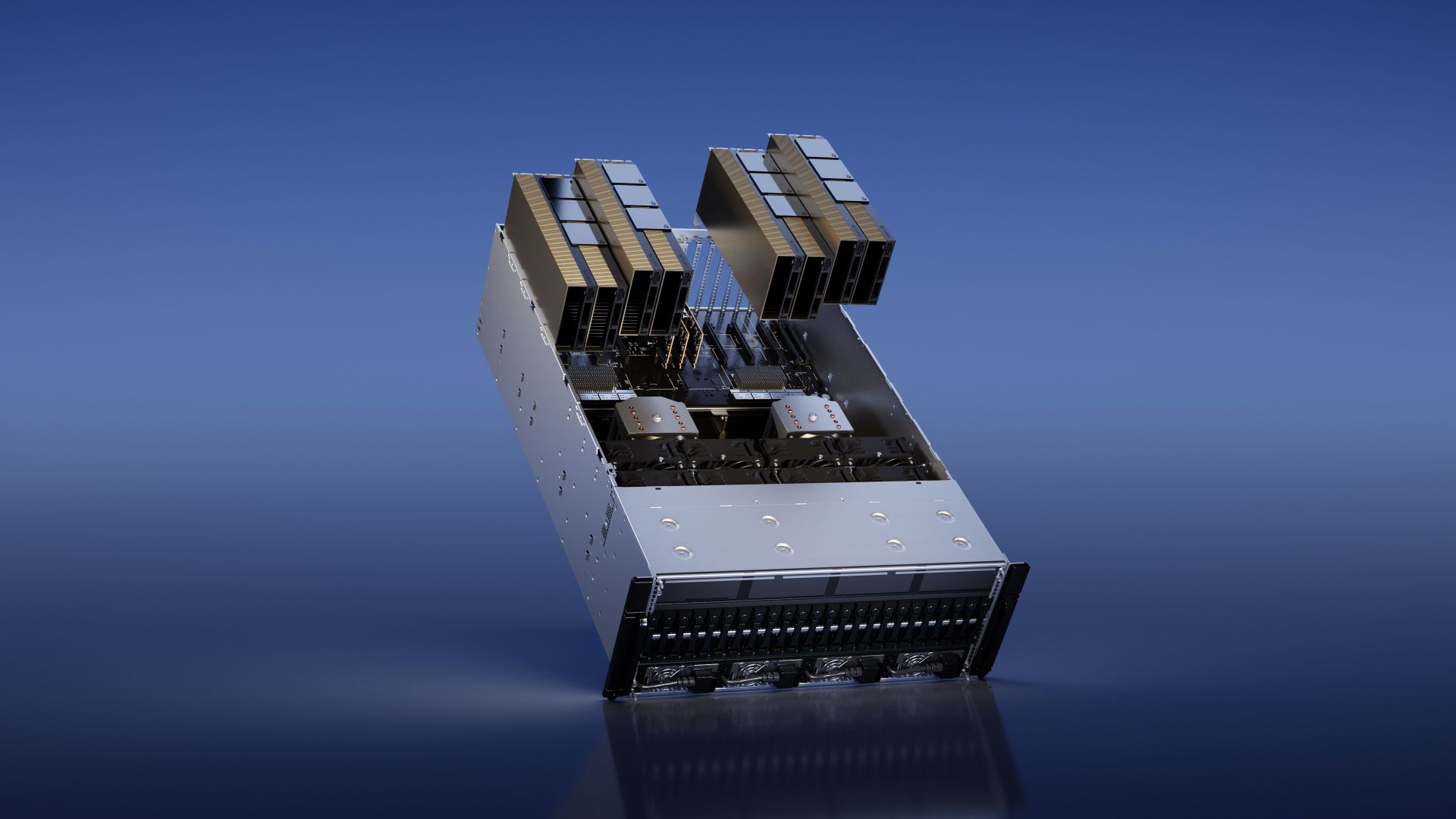Singapore-based companies have long been suspected of procuring restricted AI accelerators from Nvidia to ship them to China, bypassing U.S. sanctions. Although a few smuggling networks have been found, establishing a direct link has been tenuous. However, a recent New York Times investigation has revealed a company with clear Chinese connections, registered in Singapore, that spent roughly $2 billion on Nvidia AI processors and allegedly made them available for Chinese companies or re-exported them to China.
In 2024, Singapore-based company Megaspeed was led by Alice Huang (no relation to Jensen Huang, chief executive of Nvidia), who was a little-known player in the AI or hardware industries, but who attended a party with the CEO of Nvidia at Computex 2024 after committing to buy $2 billion worth of Nvidia GPUs over the next year. Megaspeed emerged in 2023 when 7Road, a Chinese gaming and cloud-computing firm backed by state investors, created an offshore unit in Singapore. The new entity began purchasing massive quantities of restricted Nvidia AI GPUs, such as H100 and H800, which are officially not accessible to buyers from China.
A curious wrinkle is that Megaspeed did not purchase Nvidia hardware directly, but its procurements originated from Aivres Systems, a California-based arm of Inspur, a major Chinese technology company previously sanctioned by the U.S. for supplying the Chinese military with supercomputing hardware. Because Aivres operates as a U.S. company, it could lawfully purchase Nvidia products and resell them as long as they met U.S. export rules (which it did), exploiting a regulatory loophole that separated Inspur’s American entity from its blacklisted parent.
Megaspeed allegedly routed these acquisitions to facilities in Indonesia and Malaysia, which belong to Speedmatrix, its subsidiary. These facilities allegedly enabled cloud access to restricted AI GPUs to entities from China, or simply re-exported them to the People’s Republic, according to the NYT, citing U.S. officials, though no definitive proof has been made public. Singaporean police reportedly told NYT that Megaspeed is being investigated for breaching local laws, but didn’t say which ones.
An inspection by the U.S. Bureau of Industry and Security at Megaspeed’s Malaysian data center in late 2024 raised further suspicion. Inspectors reportedly found Nvidia servers and GPUs still sealed in their crates, an unusual practice for AI data centers, suggesting the technology might be awaiting re-export. Following that visit, American officials raised concerns with Megaspeed’s Singaporean and Malaysian counterparts and began coordinating enforcement actions. Meanwhile, reporters found Megaspeed’s offices nearly empty: two staff in Singapore who did not know what their company was doing, a tiny Malaysian storefront with no engineers, and neighbors unaware of its purpose. Records still traced ownership to shell firms run from Shanghai.
By mid-2025, Megaspeed halted all hardware orders from Nvidia after regional crackdowns on AI-hardware exports. Once planning another $3.2 billion in Nvidia systems, it stopped buying in July when probes expanded and its executive, Alice Huang, quietly departed.
Nvidia said its checks found Megaspeed legally qualified and showed no signs of diversion. It added that Megaspeed was wholly owned and operated by a company based outside China and had no shareholders in China. However, former U.S. officials questioned by the NYT argued its links to China and sanctioned firms should have barred sales of restricted hardware to the company. Still, considering the fact that Aivres managed to procure AI GPUs from Nvidia in the U.S., it could have used a different shell company to ship the hardware outside of America to a gray zone in Asia.
Commerce Department officials are reportedly looking into Megaspeed as part of an ongoing investigation.
Follow Tom’s Hardware on Google News, or add us as a preferred source, to get our up-to-date news, analysis, and reviews in your feeds. Make sure to click the Follow button!


